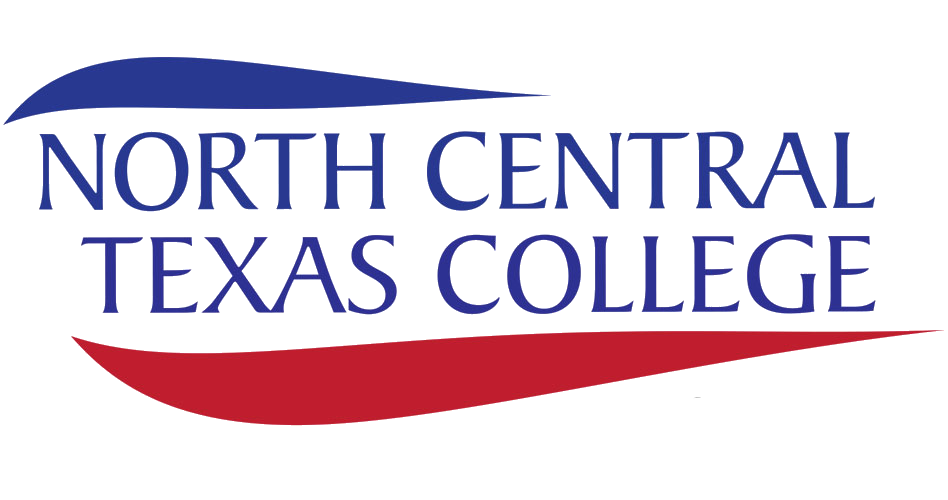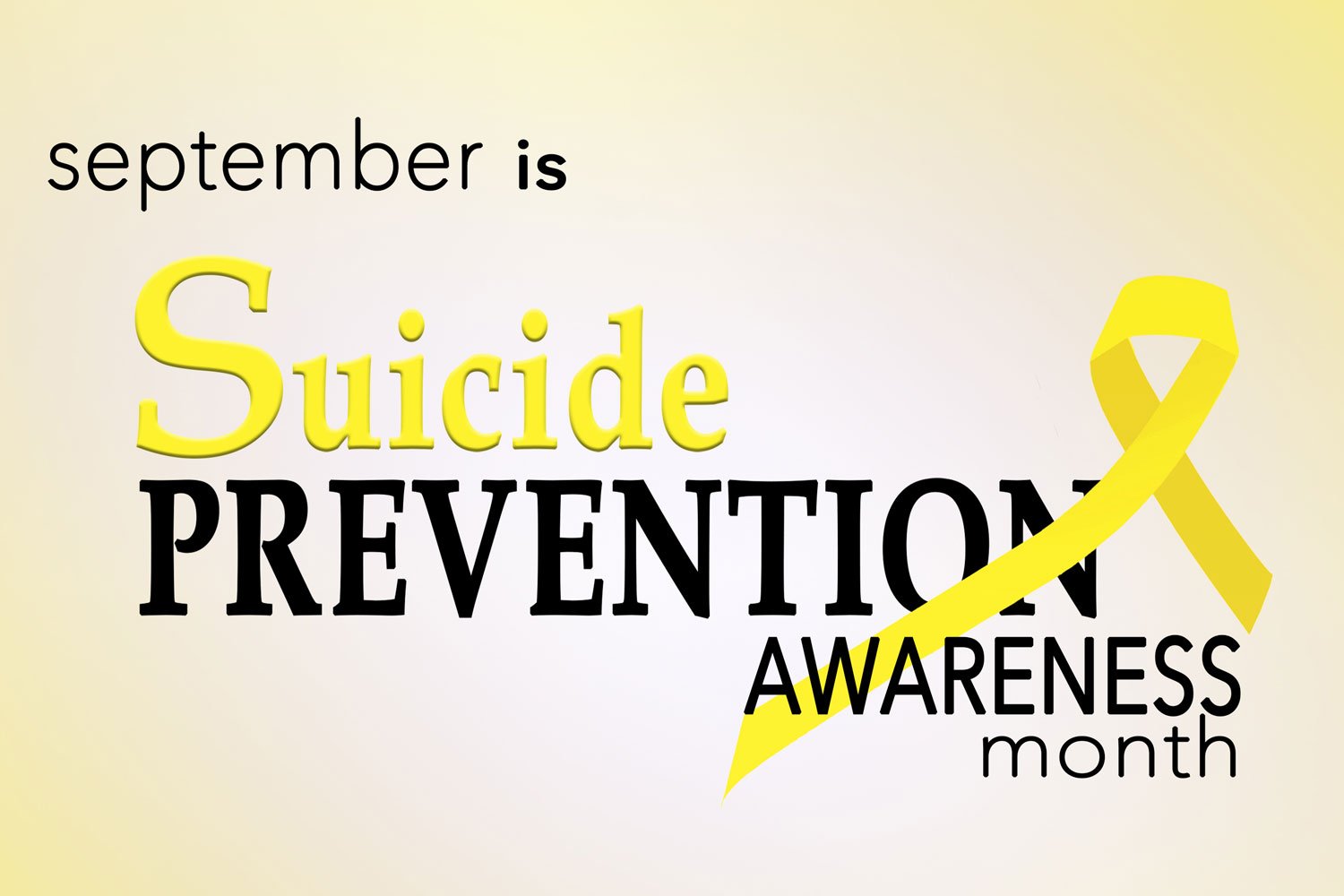Suicide Prevention
September is Suicide Prevention Awareness Month. Suicide is a serious public health problem that can have lasting harmful effects on individuals, families, and communities. Suicide is more than a mental health concern.
Suicide is a leading cause of death for Americans ages 10 to 64. A recent CDC study showed that a range of factors contribute to suicide among those with and without known mental health conditions. Everyone can help prevent suicide by knowing the warning signs and where to get help.
Upcoming Events
The Facts About Suicide
Suicide is a public health problem because of its far-reaching effects:
Suicide is the 10th leading cause of death in the United States.
One person dies by suicide every 11 minutes.
In 2017, 10.6 million American adults seriously thought about suicide, 3.2 million made a plan, and 1.4 million attempted suicide.
People who have experienced violence, including child abuse, bullying, or sexual violence are at higher risk for suicide.
Suicide prevention is everyone’s business. You can #BeThereexternal icon and #BeThe1Toexternal icon help a friend, loved one, or coworker. Everyone can learn the warning signs and how to get help.
What to Watch For
Individual, relationship, community, and societal factors may influence the risk of suicide. Know the suicide warning signs including:
Feeling like a burden
Being isolated
Increased anxiety
Feeling trapped or in unbearable pain
Increased substance use
Looking for a way to access lethal means
Increased anger or rage
Extreme mood swings
Expressing hopelessness
Sleeping too little or too much
Talking or posting about wanting to die
Making plans for suicide
How to Get Help
Safeguard the people in your life from the risk of suicide and support them:
Keep them safe.
Be there.
Help them connect. You can start with the National Suicide Prevention Lifeline (1-800-273-8255).
Follow up.
Find out how these actions can save a life by visiting www.BeThe1To.com
Anyone can play a part in preventing suicide!
Mark your calendar.
September 10th is World Suicide Prevention Day.
40 Seconds of Action
Every 40 seconds, someone loses their life to suicide.
Take 40 seconds of action by creating a 40 second video to spread prevention awareness on your social media during the month of September! Learn more from our videos on social media! #40seconds
#BeThere to Help Prevent Suicide
A Panel Discussion with Denton County MHMR Center and United Way of Denton County Behavioral Leadership Team from September 21 & 23, 2021.
Theme: Warning Signs and Risks Factors, and Youth Suicide Prevention
Experts from across Denton County discuss the warning signs, risks factors, how to create a safe space to talk about suicide with your child. Resources and tools are provided so individuals and families can take early action.
Moderator: Phyllis Finley, QMHP
Panelists: Denton County MHMR: Sherry McCarthy, LPC-S, Jennifer Myer, LPC-S; Cook Children’s: Dr. Lisa Elliott & Denton ISD: Leah Rigg, LMSW
Making Sense Of Veteran Suicide | Let's Talk | NPR
The rates of suicide are just as high among veterans who never deployed to a war or saw combat. NPR’s Quil Lawrence helps to make sense of the complex topic of veteran suicide.
If you need help, visit veteranscrisisline.net
Resources
Information resource: National Suicide Prevention Resource Center
Emergency resource: 911
Crisis Services
National Suicide Prevention Lifeline Network (24/7 Crisis Hotline)
www.suicidepreventionlifeline.org
1-800-273-TALK (8255) (Veterans, press 1)
Crisis Text Line
Text TALK to 741-741 to text with a trained crisis counselor from the Crisis Text Line for free, 24/7
Veterans Crisis Line
Send a text to 838255
SAMHSA Treatment Referral Hotline (Substance Abuse)
1-800-662-HELP (4357)
Also visit your:
Primary care provider
Local psychiatric hospital
Local walk-in clinic
Local emergency department
Local urgent care center




